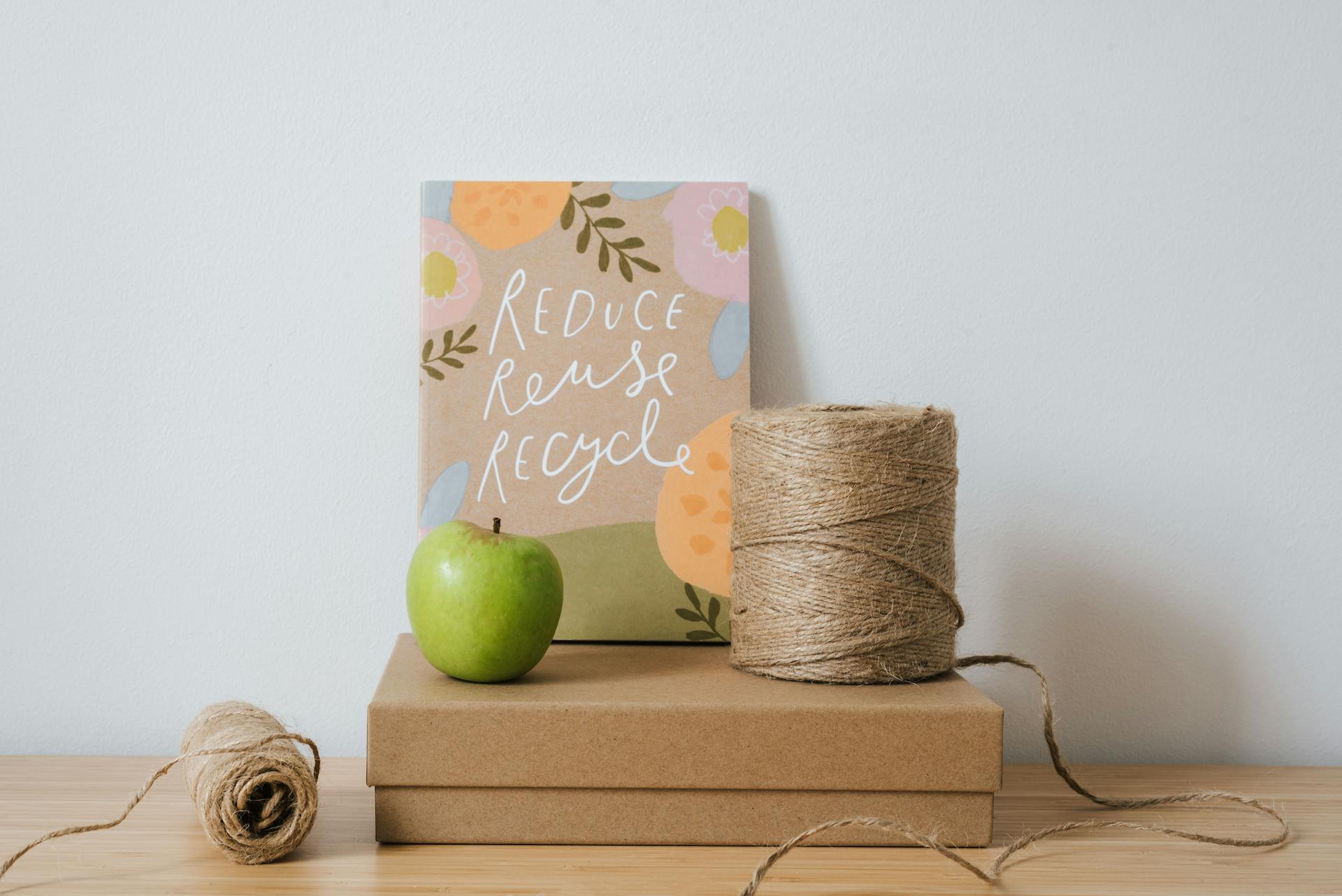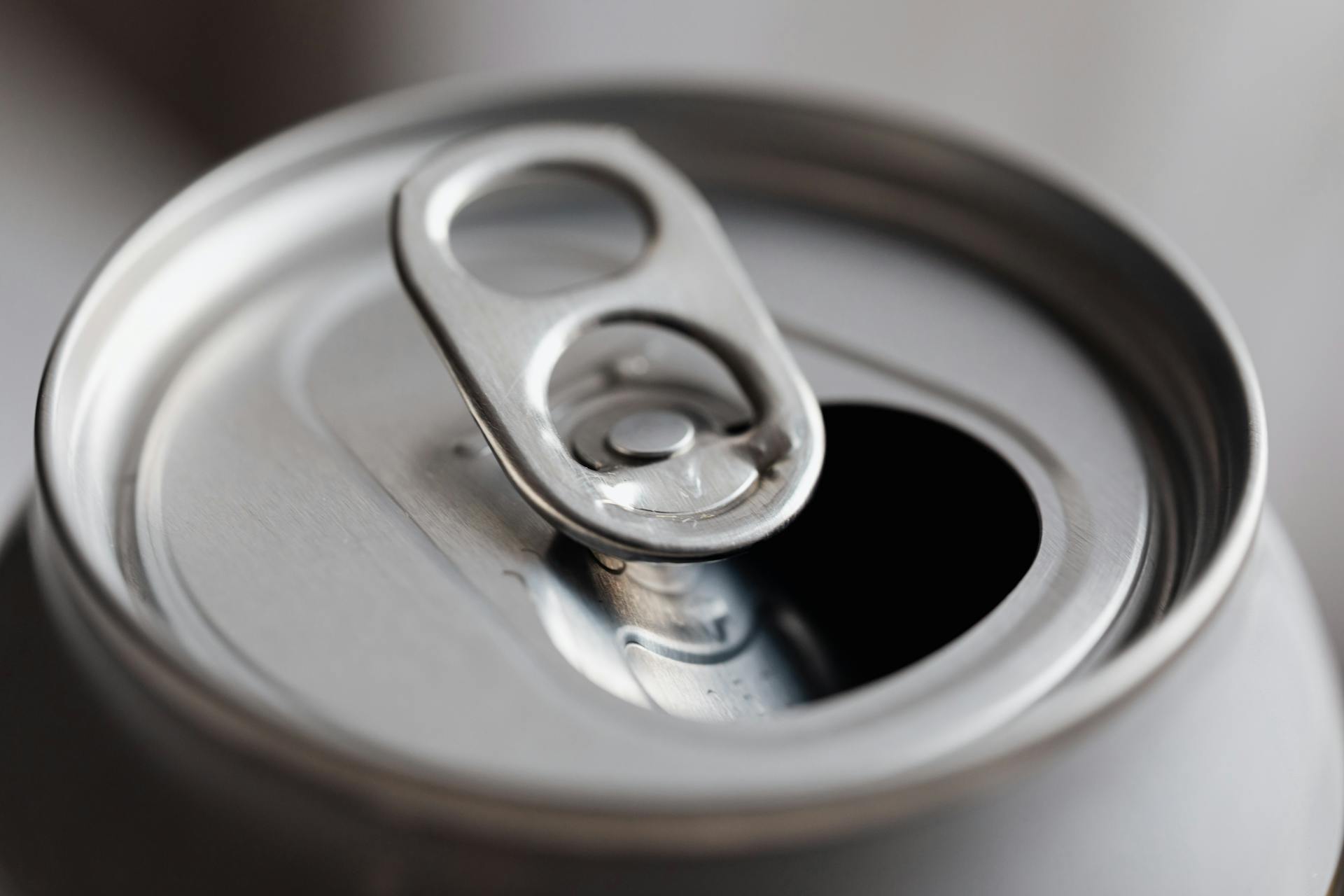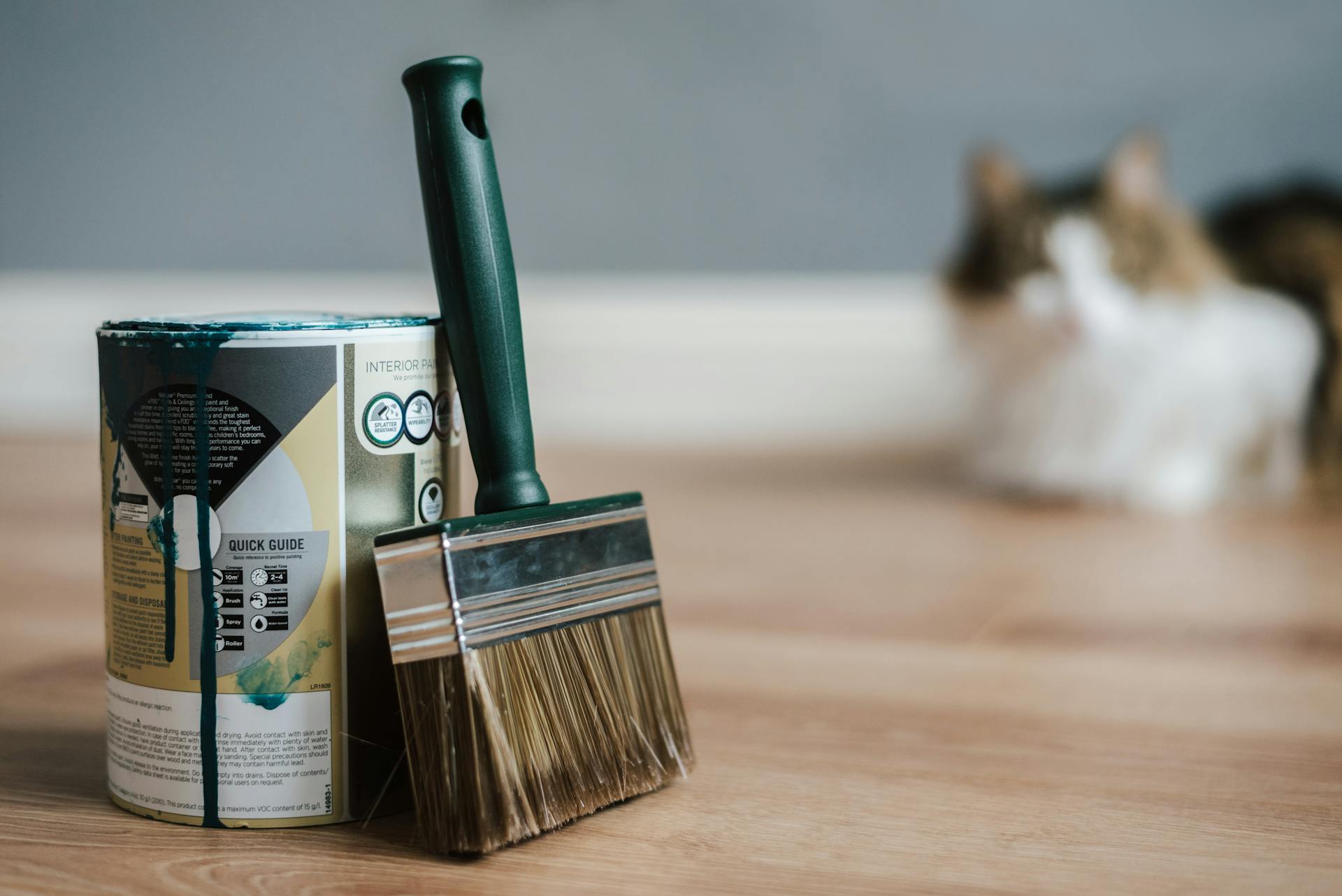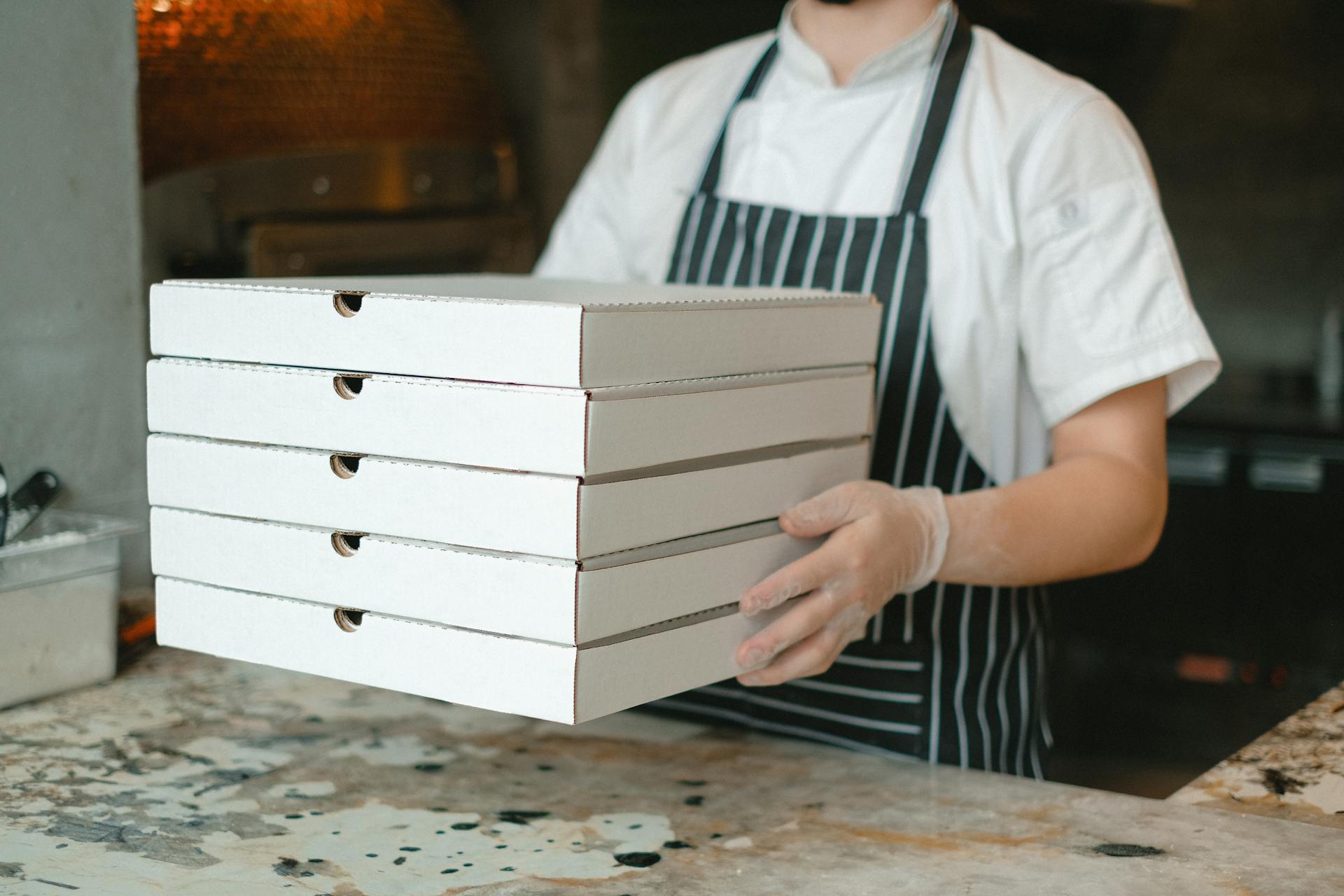
Can you recycle pizza boxes? This is a question that has been asked by many people who have found themselves staring at the ubiquitous pizza box in their hands. The confusion stems from the fact that pizza boxes are made of cardboard, which is a recyclable material. However, the presence of grease and food residue on the boxes makes it difficult to determine whether they can be put in the recycling bin.
Pizza box recycling has become a topic of discussion in recent years as more and more people become aware of the importance of recycling. While some cities and towns accept pizza boxes for recycling, others do not. This has led to confusion among consumers who want to do their part for the environment but are unsure about how to recycle pizza boxes. In this article, we will explore whether or not you can recycle pizza boxes and find out what happens when you try to recycle them with food residue still inside.
Broaden your view: Cardboard Box Recycling
Can You Recycle Pizza Boxes? Find Out Here!
Pizza boxes, the kind commonly used by most pizza delivery companies, are technically recyclable. However, not all pizza boxes are created equal when it comes to recycling. The reason is that the grease and food stains on the box can contaminate other recyclable materials in the container.
Corrugated boxes, which include pizza boxes, have an average recovery rate of 92 percent according to a recent membership-wide survey conducted by the Fibre Box Association. That means that 92 percent of corrugated containers consumed are recovered for recycling by member companies. Despite this high percentage, it's important to note that if your pizza box is excessively soiled with food or grease stains, then it should not be recycled as part of your curbside program.
As a general rule, only recycle clean and dry cardboard and paper products like cereal and shoe boxes but not used tissues or wax-lined items. If you're unsure whether your local program accepts pizza boxes for recycling or not, check with your local waste management facility first before tossing them in with the rest of your recyclables. In conclusion, while many people think they can't recycle pizza boxes due to food contamination issues, they actually can be recycled as long as they're clean and free from any food residue. By doing so we can increase the total amount of corrugated containers consumed each year while also reducing our overall environmental impact.
For more insights, see: Recycled and Upcycled Clothing
Is Recycling Possible for Greasy Pizza Boxes?
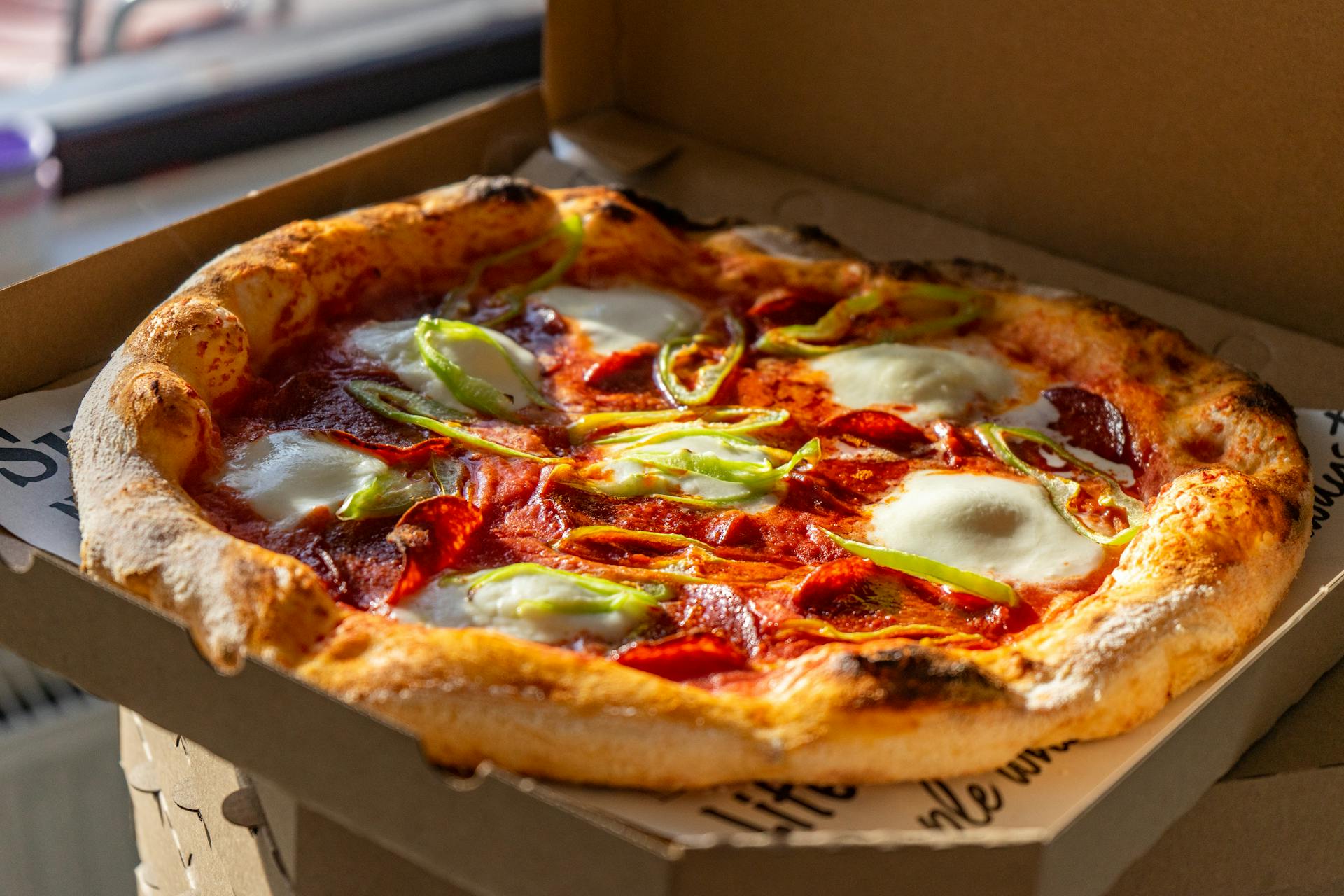
Can you recycle pizza boxes? This is a question many of us have asked ourselves while staring at the leftover inside of our pizza box. While cardboard infused with grease cannot be recycled, clean broken-down Amazon boxes can be. This is because the grease in the pizza box contaminates any recycling stream resulting in paper mills refusing to accept pizza boxes.
Recent industry guidance published in July 2020 helps clear up some consumer confusion about what can and cannot be recycled. The study conducted found that less than half of Americans know whether or not a pizza box can be recycled. The guidance states that only clean and empty pizza boxes can be recycled because the levels typically found in used pizza boxes impact manufacturing negatively.
If you're still unsure if your local recycling facility accepts pizza boxes, it's best to check with them directly. It's important to follow industry guidance when it comes to recycling as improper disposal could lead to contamination and ultimately harm our environment. Remember, clean and empty pizza boxes without any grease stains are acceptable for recycling!
A fresh viewpoint: What Plastics Can Recycled
Discover the Best Ways to Recycle Pizza Boxes Effortlessly!

Pizza boxes are a common item that we use almost every week. But, can you recycle pizza boxes? The answer is yes, but it's not as simple as throwing them in your recycling bin. Most local recycling centers and facilities don't accept pizza boxes due to their food residue, which varies depending on how much grease or cheese is left inside.
To recycle pizza boxes effectively, there are some things you can do to ensure they get processed correctly. Firstly, make sure the pizza box is empty and free of any leftover food. If there's still some residual grease or sauce, it's best to rip off that part and discard it in the trash. The remaining cardboard box should be boxed ideally with the paper liner separating any dirty parts.
When taking your boxed pizza box to a recycling center, check with staff if they have sites equipment to process food-stained cardboard products like pizza boxes. Some recycling centers automatically skip items with residual grease because they can contaminate other materials like recycle glass paper. However, corrugated cardboard chances are high that they'll accept them if they're clean enough. So next time you order a pizza, don't forget about how you can reduce waste by recycling your pizza box properly!
For another approach, see: Can You Recycle Paper Plates
The Surprising Truth About Recycling Pizza Boxes
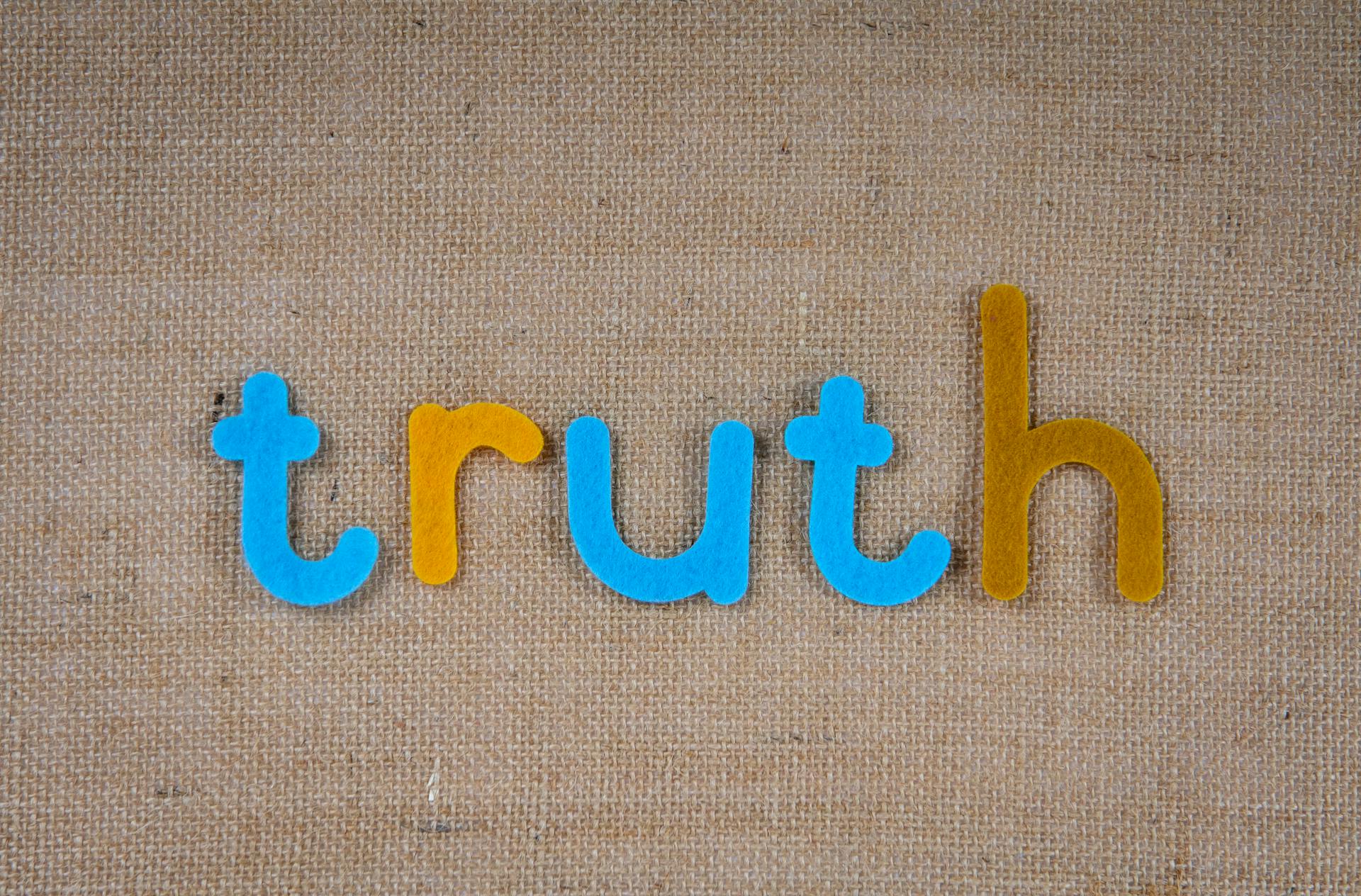
Have you ever wondered if it's okay to recycle pizza boxes? Well, the answer is yes, but with some caveats. According to a recent study by WestRock, a packaging company, Americans use about 3 billion pizza boxes each year. If they were all stacked together, they'd weigh an inconceivable 600,000 tons! Sadly, many of these pizza boxes end up in landfills, which disheartens those of us who hope to live sustainably.
However, there is some good news amidst the garbage piles. Researchers visited recycling centers and sorted through the materials to determine whether or not cardboard pizza boxes could be recycled. They found that 92 percent of these centers accept pizza boxes for recycling! Even better news is that typical food residue levels won't harm paper quality. Therefore, cardboard boxes with up to 73 percent grease and cheese residue can still be recycled.
In fact, Domino's recently financed a national study on recycling pizza boxes. The hopeful statistics they discovered showed an average recovery rate of 72 percent for corrugated cardboard (which includes pizza boxes). So hold tight and keep doing your best to recycle your unrecycled pizza boxes!
Consider reading: How to Recycle Cardboard
Why Grease on Pizza Boxes is a Big Deal When Recycled
Pizza boxes are made of paper materials and can be recycled like other paper products. However, the issue with recycling pizza boxes lies in their commonly heated and greasy parts. When the paper fibers of a pizza box are mixed with clean paper materials at the recycling center, any remaining bits of food particles or stuck-on bits of grease can attract unwanted insects and cause significant contaminants to the entire batch.
The pulping process is used in paper recycling plants efforts to reuse the paper fiber from pizza boxes. During this stage, problems arise when heavily soiled grease or excess oil from pizza boxes mixes in with clean paper fibers. The result is a gooey pulp that contains unwanted elements such as ink and glue from adhesives found on the pizza box.
Recycling centers have strict guidelines for what can be accepted for recycling, and it's important that consumers understand why greasy pizza boxes cannot be included. Energy put into the recycling process is wasted if an entire batch has to be thrown out due to contamination from one item. Therefore, it's best to dispose of greasy pizza boxes in the trash rather than risk contaminating other recyclable materials.
The Significance of Recycling Pizza Boxes: A Must-Read!
Pizza boxes are a common sight in households and restaurants alike. But, can you recycle them? The answer is yes! Recycling pizza boxes is crucial for the environment because they include collecting material processing brokering to transform unprocessed mixed materials into single commodities. By recycling pizza boxes, we can reduce waste and conserve our natural resources.
The recycling industry plays a significant role in the economy, generating more than $110 billion in economic activity annually and providing jobs for 164,000 people in the United States alone. According to WestRock research, 3 billion pizza boxes are used in the United States annually altogether, weighing 600,000 tons or equivalent to 53 Eiffel Towers! However, only 26 percent of recyclable cardboard generated is actually recycled. Paper mills rely on recovered fiber as their primary raw material, with recovered fiber accounting for up to 80 percent of the paper recycling industry's total economic impact.
Recycling pizza boxes helps keep constant streams of material recycled available for use by steel mills, paper mills foundries and plastic compounders. By keeping these materials out of landfills and using them as resources instead of creating new ones from scratch, we can conserve energy and reduce greenhouse gas emissions substantially. In conclusion, it's essential that we all do our part by recycling pizza boxes properly to preserve our planet for future generations.
Beyond the Bin: Why Food Boxes are Challenging to Recycle
Pizza boxes, along with other food containers such as frozen food boxes and cereal boxes, can pose a challenge for recycling facilities. The issue lies in the fact that many of these containers are made with ldpe plastic or plastic film, which cannot be easily separated from the box's paper material. Additionally, frozen food packaging often contains additional plastic layers to help protect against freezer burn, further complicating the recycling process.
While some recycling facilities may accept ldpe-treated plastic, not every local recycling center or curbside program does. A WestRock study conducted research into pizza box recycling and ultimately discovered that even small amounts of food residue left on the greasy cheesy pizza box could negatively affect the paper recycling bin. The study required WestRock workers to spend hours manually pulling pizza boxes out of trash piles and testing their grease content. They found that even an average grease content of 20 percent weight concentration resulted in significant paper strength loss due to the papers' inter-fiber bonding results.
The impact of pizza box grease concentrations is particularly severe because it lowers the paper's weight level and results in lower grade recycled goods. Low cheese is also a factor that can impact the pulping process and create problems for paper recycling. Ultimately, while adding plastic or other materials to paper boxes helps protect contents and prevents waste, it can make them more challenging to recycle than traditional cardboard boxes without any additional components.
Here's an interesting read: Can You Recycle Plastic Bags
Frequently Asked Questions
Should I recycle or compost pizza boxes?
Pizza boxes should be recycled if they are free of grease and food residue. If they are soiled, composting is not recommended as the grease can contaminate the compost.
Why can't you recycle a cardboard pizza box?
You can't recycle a cardboard pizza box if it has grease, cheese, or any food residue on it because it contaminates the recycling process.
What is the recycling rate of a cardboard pizza box?
The recycling rate of a cardboard pizza box varies depending on the locality, but generally, it is recyclable if not contaminated by food or grease stains. However, it is best to check with your local recycling facility to confirm their guidelines for cardboard pizza boxes.
Does Domino's recycle pizza boxes?
Domino's encourages customers to recycle their pizza boxes, but whether or not they are actually recycled depends on the policies of the local recycling program in each area.
Can You compost a pizza box?
Yes, you can compost a pizza box as long as it is free of plastic coatings and food residue. It is best to tear it into smaller pieces to help it break down faster in the compost pile.
Featured Images: pexels.com
